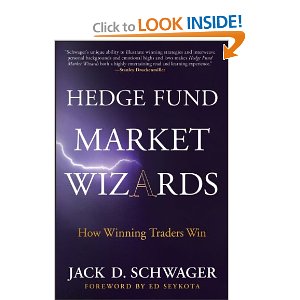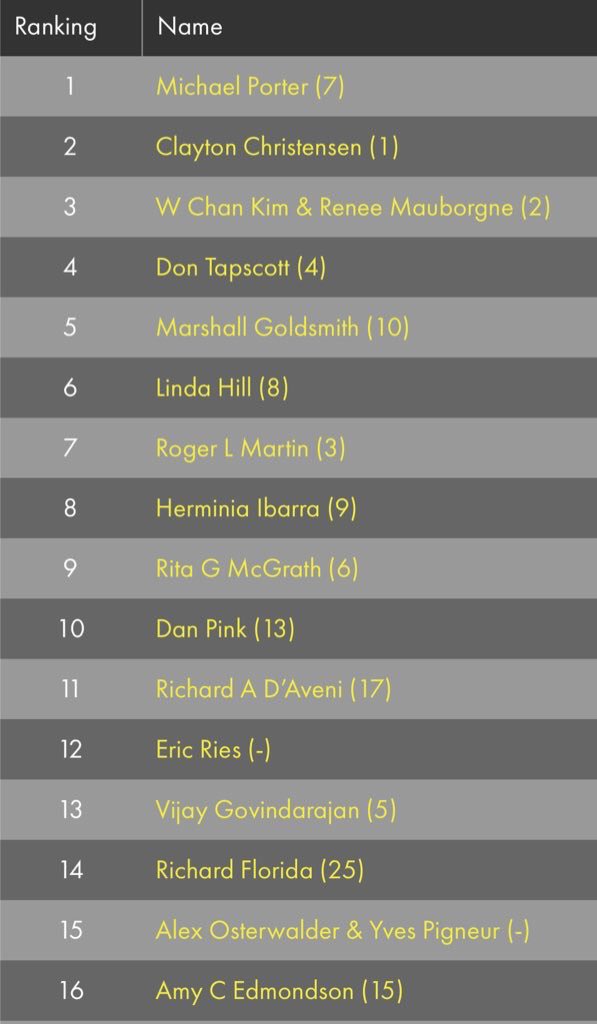 1. As long as no one cares about it, there is no trend. Would you be short Nasdaq in 1999? You can’t be short just because you think fundamentally something is overpriced.
1. As long as no one cares about it, there is no trend. Would you be short Nasdaq in 1999? You can’t be short just because you think fundamentally something is overpriced.
2. All markets look liquid during the bubble (massive uptrend), but it’s the liquidity after the bubble ends that matters.
3. Markets tend to overdiscount the uncertainty related to identified risks. Conversely, markets tend to underdiscount risks that have not yet been expressly identified. Whenever the market is pointing at something and saying this is a risk to be concerned about, in my experience, most of the time, the risk ends up being not as bad as the market anticipated.
4. The low-quality names tend to outperform early in the cycle, and the high-quality names tend to outperform toward the end of the cycle.
5. Traders focus almost entirely on where to enter a trade. In reality, the entry size is often more important than the entry price because if the size is too large, a trader will be more likely to exit a good trade on a meaningless adverse price move. The larger the position, the greater the danger that trading decisions will be driven by fear rather than by judgment and experience.
6. Virtually all traders experience periods when they are out of sync with the markets. When you are in a losing streak, you can’t turn the situation around by trying harder. When trading is going badly, Clark’s advice is to get out of everything and take a holiday. Liquidating positions will allow you to regain objectivity.
7. Staring at the screen all day is counterproductive. He believes that watching every tick will lead to both selling good positions prematurely and overtrading. He advises traders to find something else (preferably productive) to occupy part of their time to avoid the pitfalls of watching the market too closely.
8. When markets are trending up strongly, and there is bad news, the bad news counts for nothing. But if there is a break that reminds people what it is like to lose money in equities, then suddenly the buying is not mindless anymore. People start looking at the fundamentals, and in this case I knew the fundamentals were very ugly indeed.
9. Buying low-beta stocks is a common mistake investors make. Why would you ever want to own boring stocks? If the market goes down 40 percent for macro reasons, they’ll go down 20 percent. Wouldn’t you just rather own cash? And if the market goes up 50 percent, the boring stocks will go up only 10 percent. You have negatively asymmetric returns.
10. If a stock is extremely oversold—say, the RSI is at a three-year low—it will get me to take a closer look at it.8 Normally, if a stock is that brutalized, it means that whatever is killing it is probably already in the price. RSI doesn’t work as an overbought indicator because stocks can remain overbought for a very long time. But a stock being extremely oversold is usually an acute phenomenon that lasts for only a few weeks. (more…)



 1. As long as no one cares about it, there is no trend. Would you be short Nasdaq in 1999? You can’t be short just because you think fundamentally something is overpriced.
1. As long as no one cares about it, there is no trend. Would you be short Nasdaq in 1999? You can’t be short just because you think fundamentally something is overpriced.




